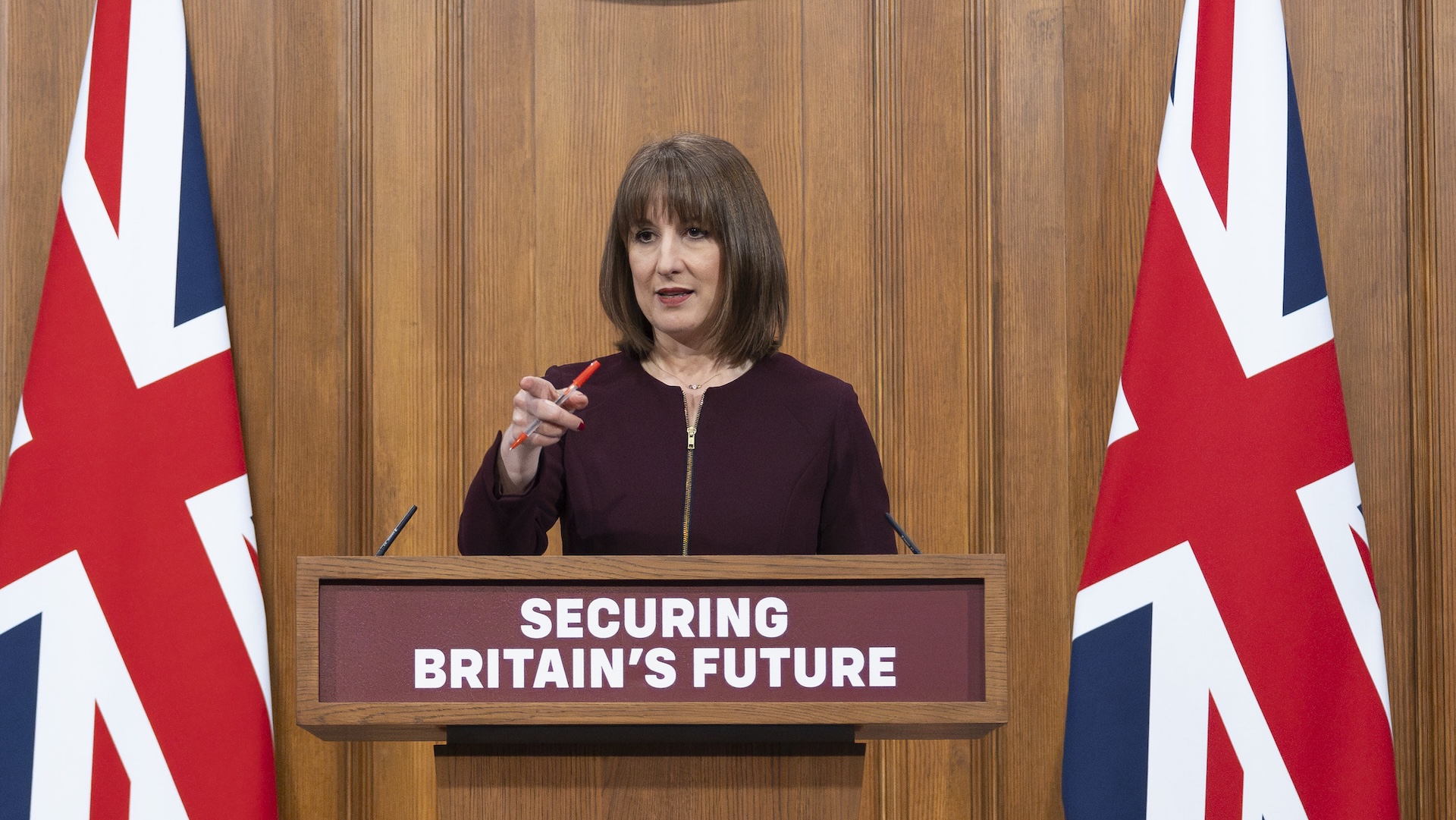The financial implications are significant.
Among those likely to lose out, around a third currently receive the ‘enhanced’ rate due to high support needs, meaning they stand to lose over £5,750 per year. Others on the ‘standard’ rate face an annual income drop of more than £3,850.
Many say they will be forced to cut back on essential services to make ends meet. Of those who use PIP to fund therapy, counselling or personal care, 82% said they would reduce or stop this support altogether if they lost the benefit.
“I feel incredibly distressed at the prospect of losing additional money that goes towards therapy,” one participant said. “The amount I get is not covering all the additional costs that come with mental health difficulties as it is.”
Nearly all respondents (97%) said the changes would significantly harm their mental health. Some reported experiencing panic attacks or suicidal thoughts due to fear of losing their benefits.
Helen Undy, chief executive of the Money and Mental Health Policy Institute, urged the government to rethink its plans.
Advertising helps fund Big Issue’s mission to end poverty
“Getting PIP can be the difference between being able to afford the treatment, support and everyday essentials you need, or facing worsening mental health and financial hardship,” she said.
“Some of the people we’ve spoken to say they will struggle to survive day-to-day if they lose this payment and that even the prospect of it has contributed to them having suicidal thoughts.”
The government has framed the proposals as part of a “back to work” drive. Work and pensions secretary Liz Kendall has staunchly defended the reforms, telling parliament that “millions who could work are trapped on benefits – denied the income, hope, dignity and respect that we know good work brings”.
However, the new findings suggest the reforms may actually backfire in this respect and hinder employment.
Roughly 20% of survey respondents receiving PIP are currently employed. Of that group, 63% said they would have to reduce their hours or quit altogether if they lost the benefit. Some said their mental health would deteriorate without financial support; others said they could no longer afford transport to work.
“PIP pays for the private therapy… which keeps my mental health at a functioning level most of the time,” one respondent said. “Without these I doubt I could even manage the permitted work hours (14 hours per week) that I do.”
Advertising helps fund Big Issue’s mission to end poverty
A parliamentary vote on the proposals is anticipated later in June. The government should rethink, Undy urged.
“The government says its welfare reforms will help more people move into work. But you don’t do that by depriving people of a critical financial lifeline that helps them stay well,” she said.
“We urge the government to ditch these plans. Balancing the books should not come at the price of causing misery and hardship for some of the most vulnerable people in society.”
Promises are easy to break. Sign Big Issue’s petition for a Poverty Zero law and help us make tackling poverty a legal requirement, not just a policy priority.
Do you have a story to tell or opinions to share about this? Get in touch and tell us more. Big Issue exists to give homeless and marginalised people the opportunity to earn an income. To support our work buy a copy of the magazine or get the app from the App Store or Google Play.









